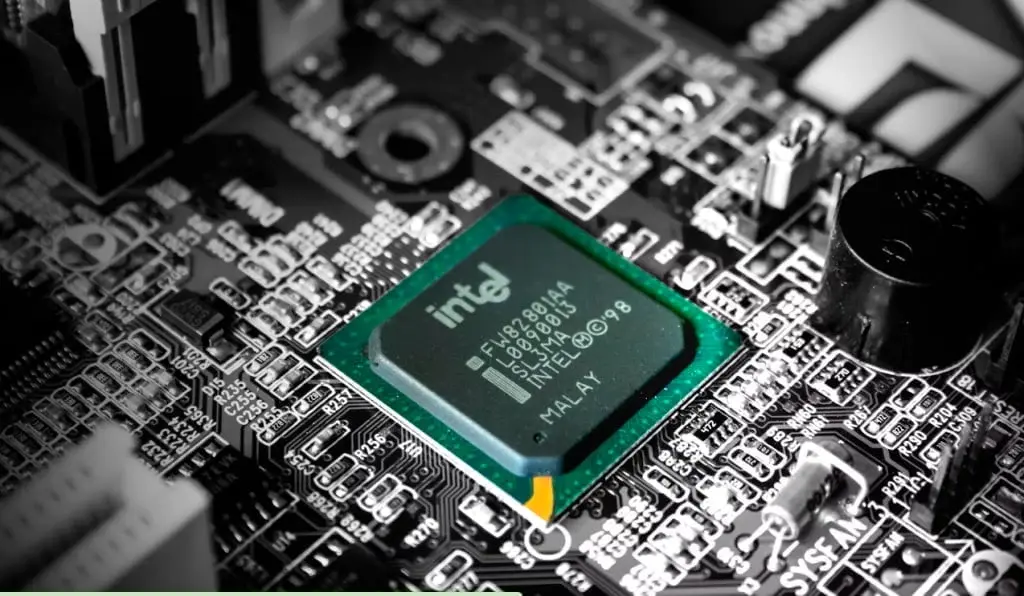The conflict between major chip manufacturers and the U.S. government has created uncertainty regarding Huawei's chip supply. Intel has managed to maintain its license to sell advanced laptop CPUs to Huawei, while AMD is facing challenges in obtaining a similar license, leading to a revenue disparity of over $512 million.
Licensing Disparities
AMD's unsuccessful attempts at securing a licensing agreement have raised concerns of unfair treatment within the industry. Figures like Republican Senator Marco Rubio have called for a reassessment by the Biden administration, yet official responses have been scarce, leaving Intel's license status uncertain as it nears expiration.
Huawei's Vulnerability
Huawei, a significant player in the global laptop market, heavily relies on Intel for its CPUs. Any restrictions on chip sales could significantly impact the company's laptop offerings and market share, especially in China. The outcome of these deliberations holds immense importance for Huawei's future prospects.
Industry Implications
The implications of these licensing challenges extend beyond AMD and Intel to other chip makers like Qualcomm and MediaTek. Qualcomm succeeded in obtaining a license for Huawei's smartphones, whereas Mediatek faced a setback with a denied application, resulting in decreased sales. Microsoft's recent collaboration with Intel for chip manufacturing further highlights the industry's response to these regulatory uncertainties.
The tech industry is navigating a complex landscape where decisions on licensing policies can have substantial effects on global supply chains and market dynamics. As Intel's license hangs in the balance, the broader impact of these policies reverberates throughout the industry.


Leave a Reply